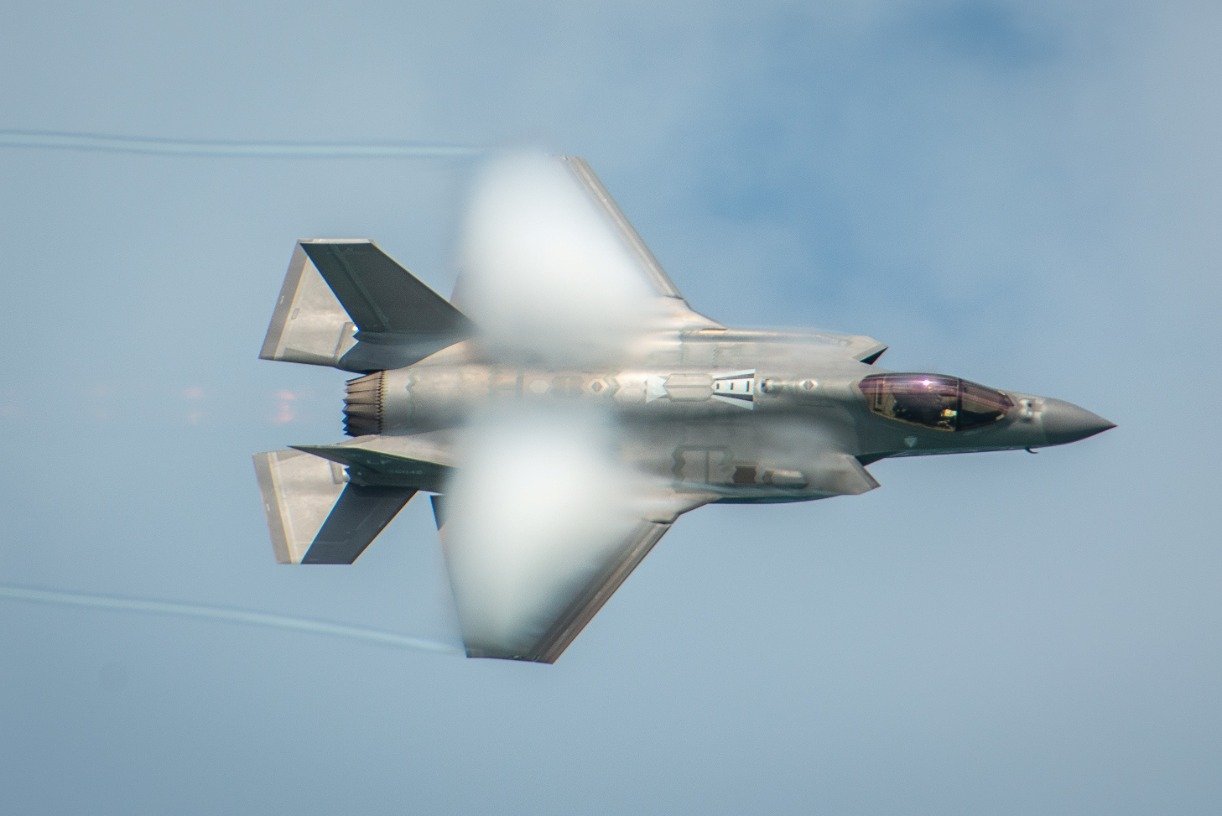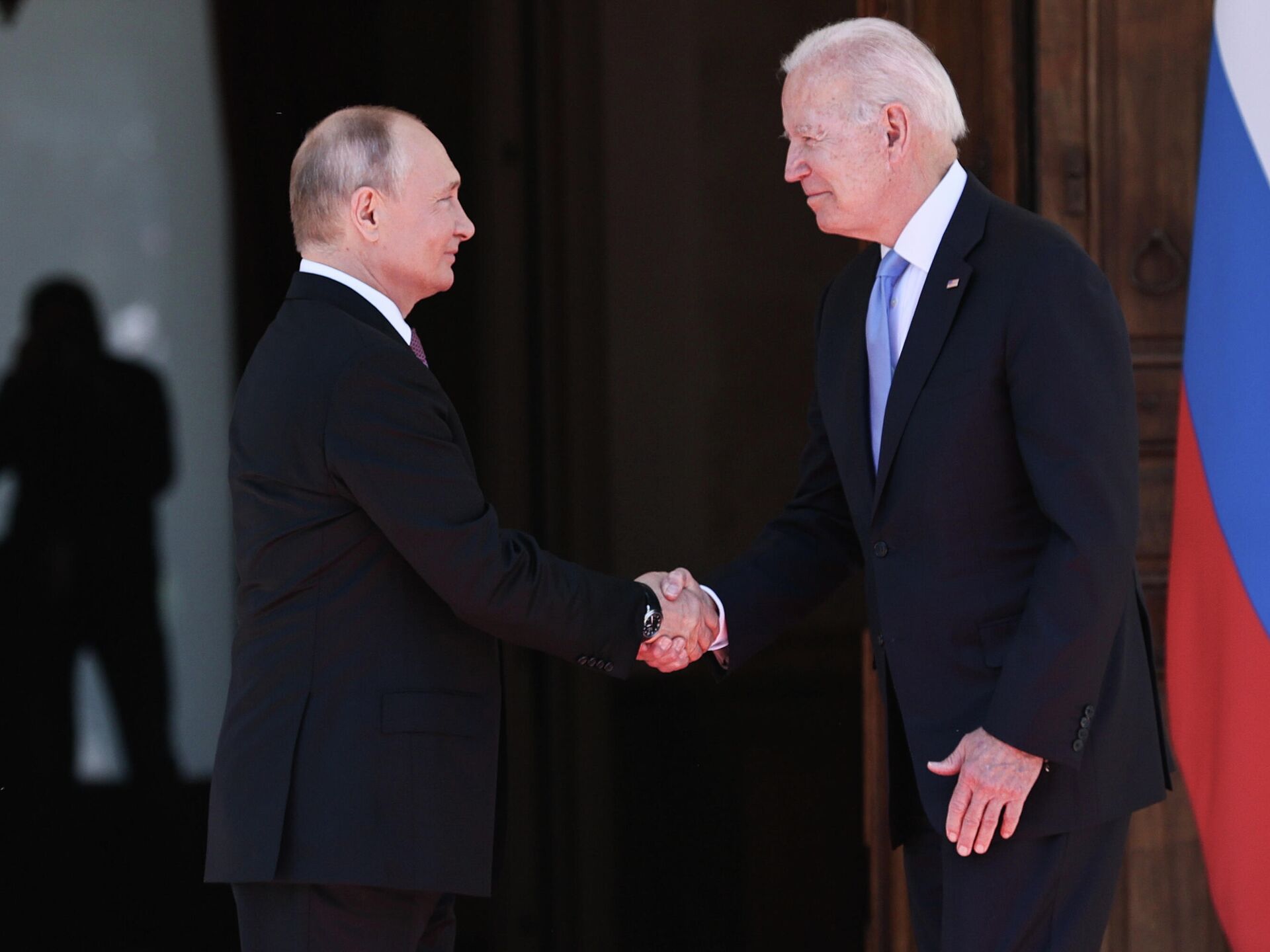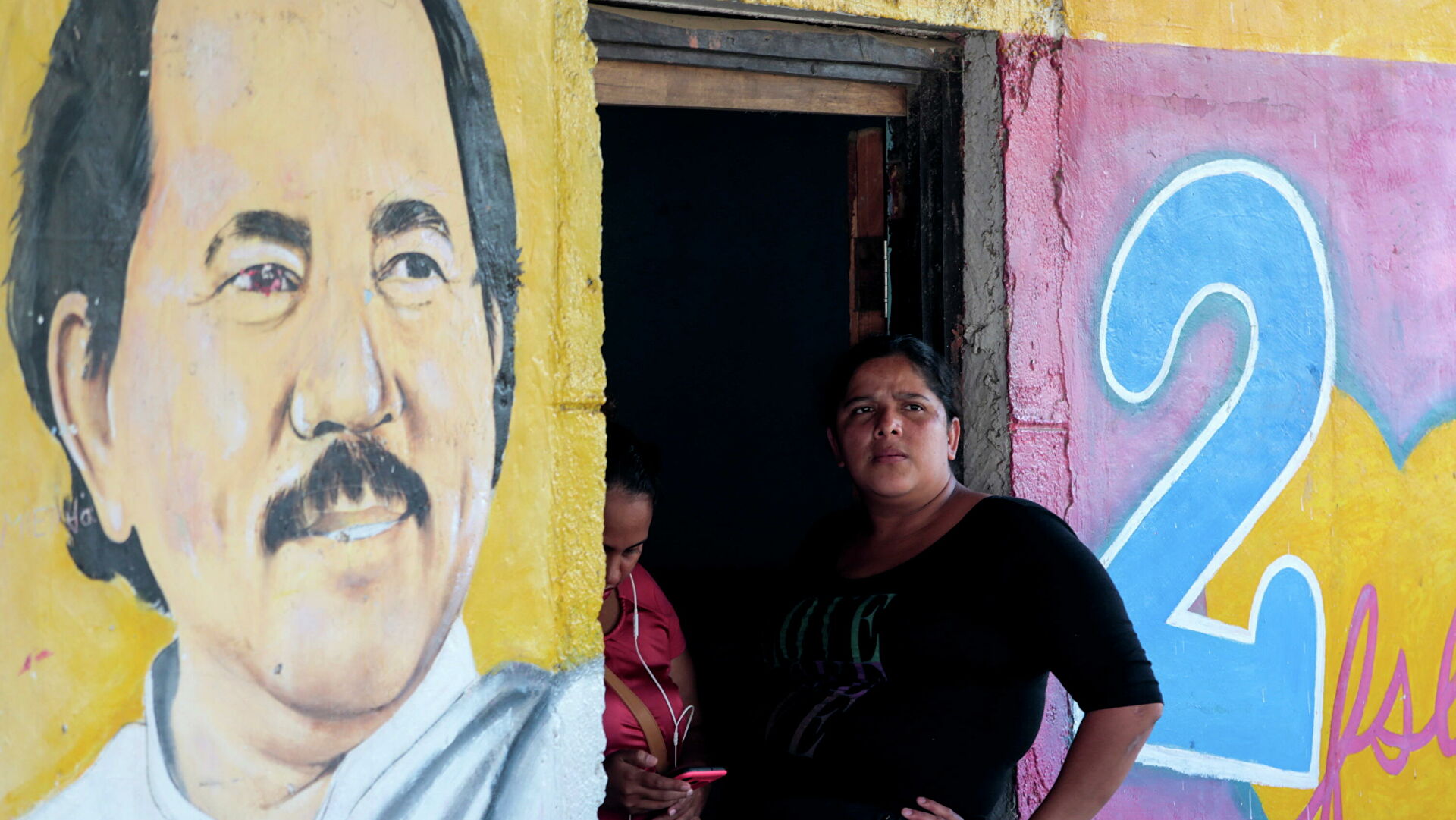
 The United Nations Security Council recently approved a breakthrough resolution requiring Bashar al-Assad's regime in Syria to give up its massive chemical weapons arsenal, and inspections under international supervision are beginning this week.
The United Nations Security Council recently approved a breakthrough resolution requiring Bashar al-Assad's regime in Syria to give up its massive chemical weapons arsenal, and inspections under international supervision are beginning this week.The brutal civil war that has raged in Syria for two years has already claimed 100,000 lives and driven millions of civilians from their homes. It has torn apart communities that have coexisted for centuries, and the bitter conflict threatens to spill over Syria's borders and threaten neighboring states with dangerous instability.
In this case, joint American and Russian diplomacy seems to have borne fruit despite the initial skepticism of some in Washington. And this diplomatic solution promises to be much more effective than the unilateral military action earlier contemplated by the Obama administration.
The U.S. and the international community are properly concerned about how to respond to this humanitarian catastrophe and geopolitical dilemma.
However, the unilateral use of armed force by the U.S., whether in the form of missile or air strikes against Syrian targets or actual troops on the ground, would only serve to increase the death toll while undermining the chances for a negotiated end to the violence.
And in addition to fueling chaos across the volatile Middle East, American armed intervention would undermine basic norms of international law.
And it is not even clear who the U.S. would actually be helping by an armed attack on the current government of Syria.
Syria is convulsed by a civil war being fought by parties divided by ethnic and religious affinities and political philosophies. The U.S. claims to support democracy and respect for human and civil rights, but the democratic moderate elements of the Syrian opposition do not seem to be in control of events, nor do they seem fully committed to basic principles of religious freedom and minority rights.
For example, the opposition National Council lacks any meaningful representation from Kurdish, Alawite and Christian communities, which comprise a full third of Syrian society.
There are hundreds of armed groups active in Syria, many of which are under no effective civilian control at all. The opposition suffers from weak command and control capacities, and many major armed groups have rejected participation under it. And these freelance militias range from those with a mild Islamist orientation to severe Islamist to Sunni conservative to Salafist radicals to fundamentalist jihadists.
Most of these groups have independent financing and are not subject to effective civilian control. Additionally, many of them function as militias for local warlords and criminal gangs. Rebel indiscipline, vigilante justice, and vendettas against minorities have been a persistent black mark on the opposition.
Radical Islamists have established a leading role in the conflict. The previously dormant Syrian Muslim Brotherhood has established an influential role in the National Council. The Brotherhood and other Islamists have support from the Gulf states and Turkey, as well as from wealthy private donors across the Middle East. Even more radical Salafist organizations have taken root in Syria, and are far better organized and committed than the moderates the U.S. and the international community would like to prevail.
Terrorist organizations have found safe havens and operating bases in Syria. Al-Qaida in Iraq has forged alliances on the ground with Syrian jihadists, and Syria has become a conduit for its supply lines in Iraq. And among the home-grown radical jihadist militias that have come into being, Jabhat al-Nusra is one of the best organized, dedicated and motivated forces operating in the theatre of conflict.
One graphic example of the horrors inflicted on the civilian population of Syria by jihadists like Jabhat al-Nusra was the assault on the tiny Christian village of Maaloula. Aramaic, the language of Jesus, is still spoken there, and the village was a symbol of Syria's diversity. According to media reports, bearded rebels shouting "God is great" shot and killed numerous residents, and terrorized those who survived the assault with the threat "convert to Islam or you will be beheaded."
Unilateral U.S. military intervention would risk exacerbating a situation already fraught with perils. A collapse of the Syrian state would create chaos across the Middle East, and a possible victory by radical jihadists would pose a grave threat for global security as well as the imposition of a tyrannical theocracy on Syria's people.
Notwithstanding the inclination of some American elites to wage war on Syria, this U.N.- sanctioned effort to remove weapons of mass destruction from the battleground of Syria may yet lead toward new hope both for Syria's beleaguered civilian population and for a world community committed to principles of international law.
America should resist the temptation to try to impose unilateral military solutions as long as there are viable prospects for diplomacy and negotiation through international structures such as the United Nations. In this case, the result may turn out to be new hope for enhanced international order, and perhaps a possible diplomatic approach to ending the war in Syria itself.
Edward Lozansky is president of the American University in Moscow, Professor of World Politics at Moscow Sate University



_jpg/250px-ElbeDay1945_(NARA_ww2-121).jpg)








